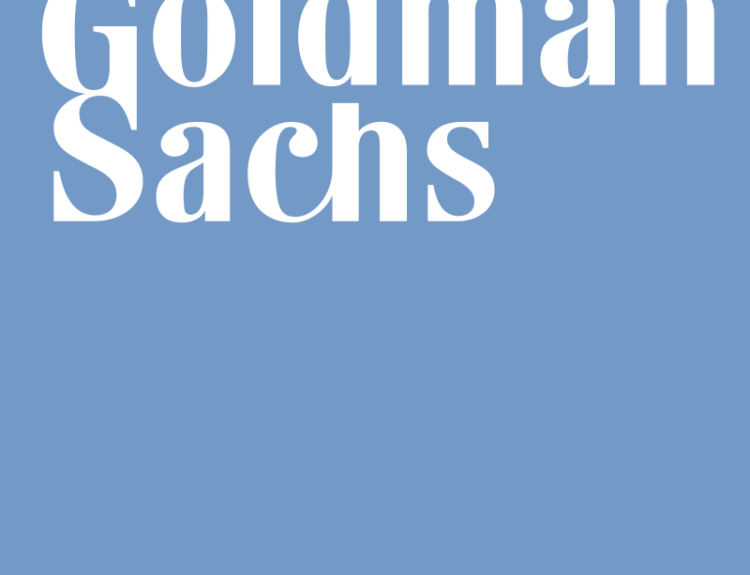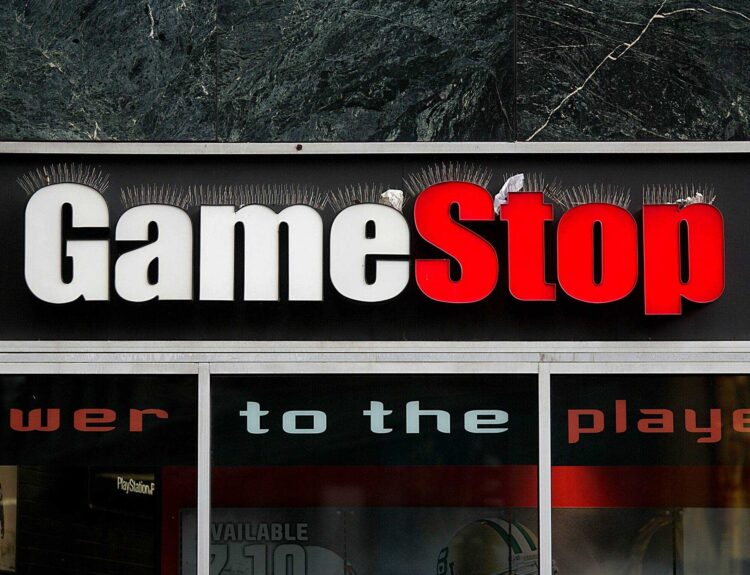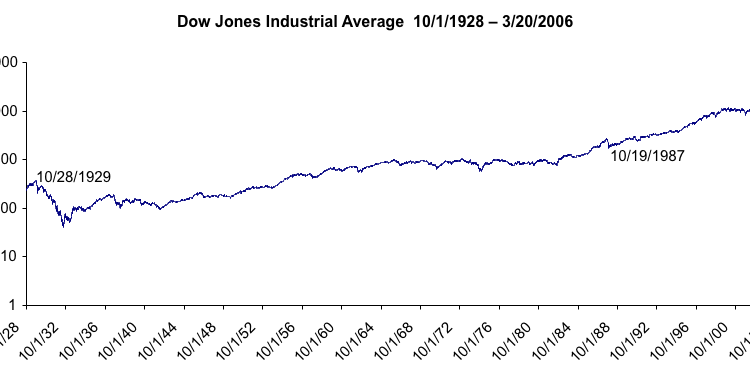Marketers are using data and creative strategies to make BOGO deals more effective
- Buy-one, get-one-free offers are becoming more complicated due to marketers’ focus on data
- BOGOs are now used to collect consumer information or capitalize on data-driven insights
- Some companies use BOGOs to convey their brand’s tone of voice and promote loyalty programs
- Complex BOGO deals help protect a company’s margins by targeting price-sensitive consumers
- BOGO offers with conditions can drive sales during slow periods and increase order sizes
Buy-one, get-one-free (BOGO) offers have become more complicated as marketers focus on data-driven strategies. These offers are now used to collect consumer information or capitalize on data-driven insights. Some companies are using BOGOs to convey their brand’s tone of voice and promote loyalty programs. Complex BOGO deals help protect a company’s margins by targeting price-sensitive consumers. Additionally, BOGO offers with conditions can drive sales during slow periods and increase order sizes. Marketers are leveraging technology, data, and creative commerce to make BOGO deals more effective and appealing to consumers.
Public Companies: Domino’s (DPZ), California Pizza Kitchen (CPKI), Starbucks (SBUX), Auntie Anne’s (Private), Popeyes (PLKI), Shake Shack (SHAK)
Private Companies: undefined
Key People: Beth Ann Kaminkow (Global CEO of VMLY&R Commerce), Kate Trumbull (Chief Brand Officer at Domino’s), Scott Neslin (Marketing Professor at Dartmouth College’s Tuck School of Business), Katherine Fogertey (CFO of Shake Shack), Scott Hargrove (CMO of California Pizza Kitchen)
Factuality Level: 7
Justification: The article provides information about how buy-one-get-one-free (BOGO) offers are evolving and becoming more complex due to marketers’ increasing obsession with data. It includes examples of BOGO offers from various companies and explains how these offers are used to collect consumer data, drive memberships in loyalty programs, convey brand tone of voice, and protect company margins. The information provided is relevant and based on industry insights, but it lacks specific data or evidence to support the claims made.
Noise Level: 6
Justification: The article provides some interesting insights into the evolving nature of buy-one-get-one-free (BOGO) offers and how marketers are using data to tailor these promotions. It discusses the strategies of various companies, such as Domino’s and California Pizza Kitchen, and how they are using BOGO deals to collect customer data, drive loyalty program sign-ups, and convey their brand’s tone of voice. The article also touches on the economic principle of price discrimination and how complex BOGO deals can help protect a company’s margins. However, the article lacks scientific rigor and intellectual honesty, as it mainly relies on quotes from industry professionals without providing much evidence or data to support its claims. Additionally, it does not provide actionable insights or solutions that the reader can apply.
Financial Relevance: Yes
Financial Markets Impacted: The article does not provide any information about events that impact financial markets or companies.
Presence of Extreme Event: No
Nature of Extreme Event: No
Impact Rating of the Extreme Event: No
Justification: The article discusses the evolving nature of buy-one-get-one-free (BOGO) offers and how companies are using data and loyalty programs to tailor their promotions. There is no mention of any extreme events or events that impact financial markets or companies.
 www.wsj.com
www.wsj.com 





